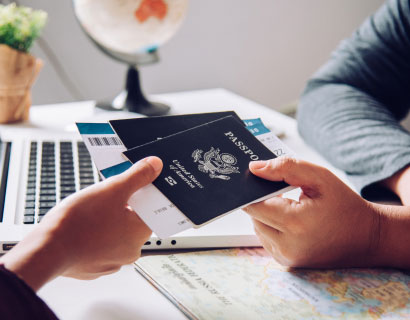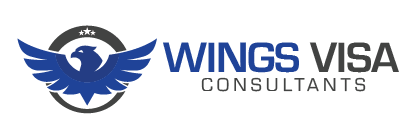Studying in Europe is very exciting, and getting a Schengen student visa is a dream for many aspiring students. It is one important step for any international student wishing to pursue education in any of the Schengen countries.
A Schengen student visa allows you to undertake a study program in the Schengen Area, which comprises 27 European countries with one visa entry system.
Here’s an illustrated guide on making this process smooth while applying for a Schengen student visa.
Understanding the Schengen Student Visa
The Schengen student visa is also called a Type D long-term visa for studies in the Schengen Area. This entitles you to stay over 90 days and can be valid from the beginning of your course or program all through to its completion. Make sure you know specifically what requirements and procedures the country of study imposes on the student and that these may differ from one country to another.
Check Eligibility Requirements
To qualify for a Schengen student visa, there are several essential documents that the candidate must provide, among them being an official letter of acceptance from an accredited educational institution. located in the Schengen Area, proving that he is admitted into a specific course or program.


Moreover, you should demonstrate that you have sufficient funds to finance your stay in the host country.
Health insurance is the other major requirement. You will be required to have adequate insurance coverage that meets the Schengen visa standards for the duration of your stay there. It should be medical and emergency expense insurance.
Gather the Required Documents
To apply for a Schengen Student Visa, the following documents are required:
- Filled Visa Application Form: You should fill out the Schengen visa application form truthfully and fully. You can download this application form from the website of the consulate or embassy of the Schengen country where you are going to study.
- Valid Passport: Must be valid for at least three months beyond the date of departure from the Schengen Area.
- Passport Photo: Recent passport-sized photos, according to Schengen visa photo requirements.
- Acceptance Letter: Letter of admission from the university or institution where you are enrolled.
- Evidence of Financial Resources: Bank statements, letters, or guarantees from the above-mentioned scholarship body, will prove that you have money to pay for the tuition fees, living expenses, and other costs.
- Health Insurance: You must have proof of valid health insurance that covers you for the entire period of your stay in the Schengen area.
- Accommodation Proof: The student must be able to prove that he has secured accommodation. This can be proved through a rental agreement or a letter from your host.
- Cover Letter: Personal letter explaining why you want to study, what you will do with your future in the Schengen Area, and why you will go back to your country after completing your studies.
Renewing Your Visa
If your studies extend beyond the initial visa period, you may need to apply for an extension or a residence permit. Check with the local immigration office in the country where you are studying for specific procedures and requirements.










Leave A Comment